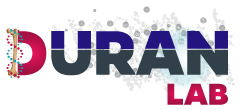Laboratory of precision medicine – research projects
Our research follows the premises of precision medicine to uncover mechanisms of disease and develop advanced and personalized therapies. To reach that goal we use a multidisciplinary approach that includes tissue engineering, biomaterials, genetics, stem cell biology, pharmacology and nanoimaging. Although our group has classically studied skeletal biology, over the years, our research has connected with other systems and biomedical approaches that has allowed us to explore various mechanisms of diseases and therapies such as COVID19, autoimmune disease, lung insufficiency, aging and frailty, etc.
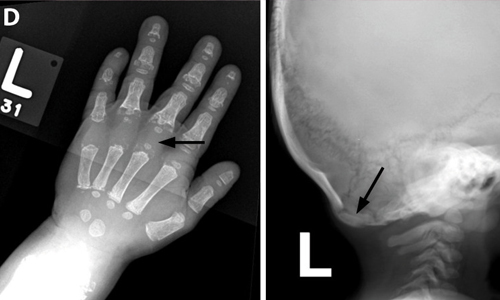
1. Skeletal Dysplasias
Skeletal dysplasias are a heterogeneous group of rare hereditary diseases with many different skeletal mnifestations and molecular mechanisms of disease. These diseases are characterized by skeletal defects that usually appear during development and/or growth. Although skeletal disorders are considered rare diseases, they affect around 0.1% of births and emerge as a primary scientific objective in modern countries.
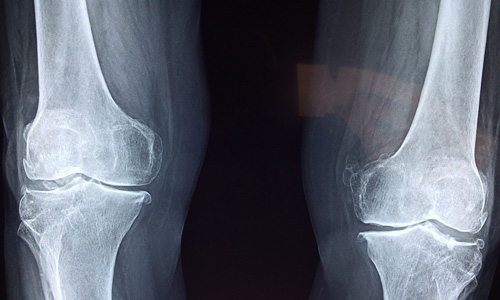
2. Bone Fragility
Bone fragility affects more than 200 million people in the world and includes diseases like osteoporosis and osteogenesis imperfecta, among others. Although the triggering factors that mediate the onset and severity of these diseases are diverse (aging, metabolic alterations, hormonal alterations, and genetic mutations), all of them share a common factor: an imbalance between bone formation and resorption.
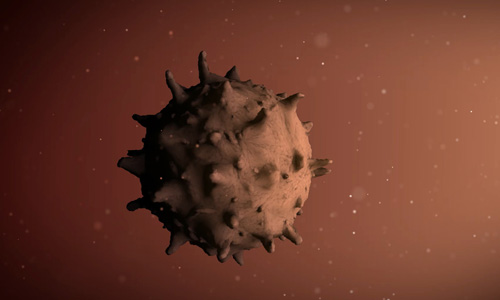
3. Inflammation
Inflamation is one of the most relevant pathological processes to human health. A complex set of molecules, the cytokines, are able to regulate and pathologically connect virtually everyorgn of your body. In some circunstances inflammation means pain, in others means healing. It is involved in immunity, degeneration; the good and the bad. Learning to modulate it is the key to healthy aging and regeneration. Our group studies inflammation as signals that mediate in almost every mechanisms of disease, specially in the skeleton.
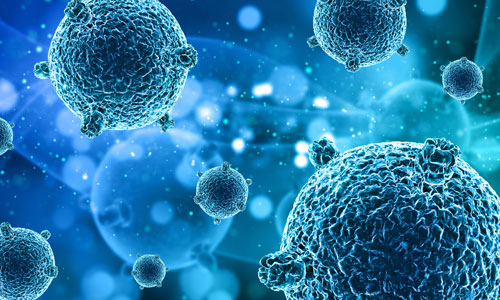
4. Skeletal metabolism and Stem Cells
Skeletal stem cells (SSCs) have the ability to differentiate into bone, cartilage and fat; the balance between bone and fat is disrupted in various human diseases. Different signaling pathways determine the fate of SSCs such as BMPs, Hh and Wnt. This proposal addresses a less studied pathway mediating skeletal progenitors’ differentiation, PTH/PTHrP.
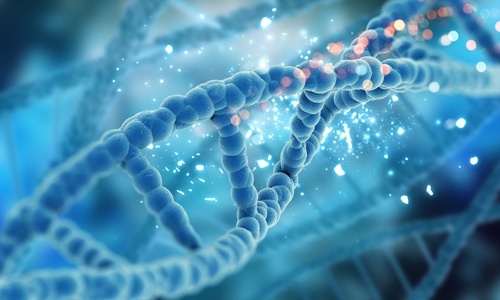
5. Precision therapies
One of the main goals of our labs is to find next generation therapies. Recent advances in genome sequencing, new discoveries about mechanisms of diseases and the appearance of nanomedicine as a new biomedical field is allowing us to generate more precise treatments for almost any human condition. No doubt the future of medicine is in precision treatments.
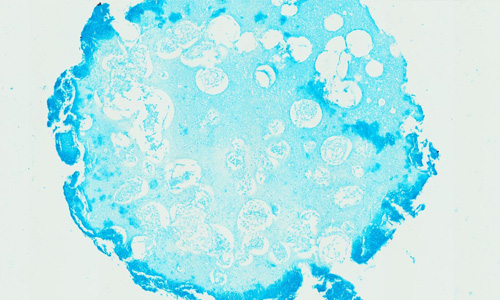
6. Biomaterials
Bone 3D-in vitro culture was among the first and most successful approaches in bioengineering. Since then, this multidisciplinary field has evolved with the development of organoid techniques in many other tissues. This progress, however, has been slower in skeleton bioengineering due to the complexity of its tissue interphases between cartilage, cortical and trabecular bone.
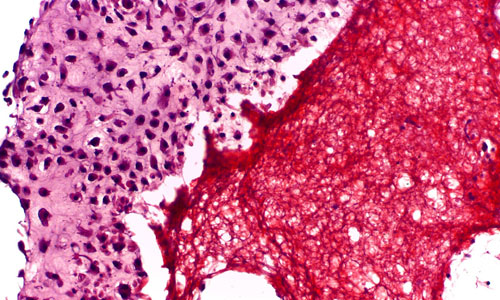
7. Tissue engineering
This project is a basic research extension of our core project focused in precision medicine of skeletal diseases. Still, its goals are to find a mechanism of disease treatable by precision medicine approaches and the generation of an in vitro model of skeletal organoid for multiples disorders such as skeletal dysplasias, osteoarthritis, cancer, bone fragility and degenerative cartilage related diseases.
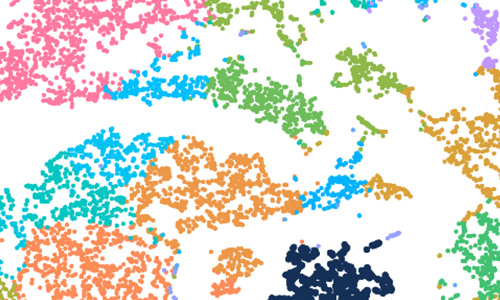
8. Modeling of transcriptomic data analysis (single cell RNA-seq)
Public and owned lab transcriptomic results from single cell and simple RNA-seq are a vast source of information from multiple health conditions and developmental stages in multiple models. We are creating an atlas database to proportionate an easy and open access tool for basic, translational and clinical use on skeletal Biology and biomedicine.
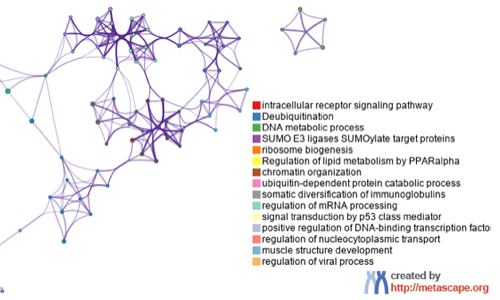
9. Artificial Inteligence
AI-Driven Biological and Clinical Data Analysis.
At the intersection of cutting-edge technology and life sciences, our project harnesses the power of Artificial Intelligence (AI) and Machine Learning (ML) methodologies to revolutionize the interpretation of biological and clinical data. We explore the multifaceted realms of histological images, proteomics, transcriptomics, metabolomics…
